Everything You Wanted to Know About Apparel Decorating Methods
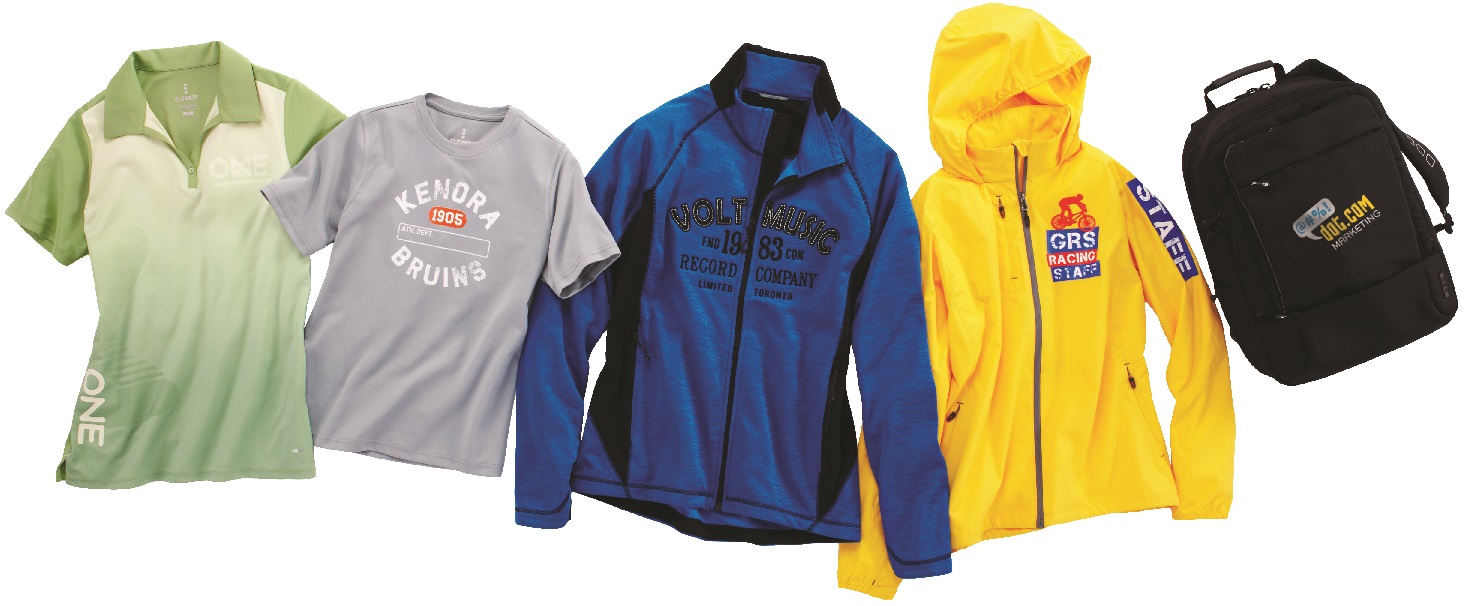
You may have noticed that we offer a wide range of decorating methods for all of our custom apparel products, some you may have heard of and some you haven't. Allow us to break down each individual method to make it easier for you to decide which one is the right choice for your upcoming apparel order.
Screen Printing
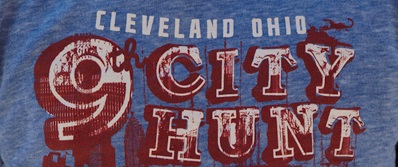
What is it?
One of our most common decorating methods, screen printing is carried out by using a mesh screen which allows ink to transfer through it onto a product, like a stencil. Once the mesh screen is laid out on top of the imprint area, the ink is spread across the surface with a squeegee blade which forces the color to fully transfer onto the material through the areas designated by the screen.
What types of products can be screen printed?
Screen printing is the default decorating method used on a huge range products, not just limited to apparel. Since it presents itself in the best way on smooth surfaces and is very inexpensive, it is normally reserved for t-shirts, sun visors and some gloves.
How is it different from other methods?
Because screen printing is so common, it’s usually the most cost-effective decoration method, but can only be used on a limited number of apparel products. Other products that are screened include tote bags, pens, stress balls and water bottles. While production time normally varies from factory to factory, there is no major difference in production time between screen printing and other decoration methods.
Are there any limitations?
Screen printing is typically priced per color and per location. Promotions Now includes 1 color and 1 location in the per piece price for most products. An account representative can help you with pricing on multiple colors and locations.
Design Tip
Screen printing is a classic method best suited for classic designs. If you prefer to keep it simple, you can’t go wrong with this method.
Embroidery
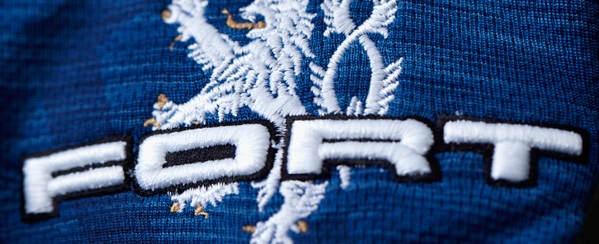
What is it?
A tried and true decoration method for custom apparel, embroidery is stitched into a fabric with a needle and thread. Many of today's embroidery machines require a digital image to be programmed into a connected computer and can stitch multiple thread colors at the same time in accordance with the programmed specifications. The end result is an intricately detailed decoration of superior quality.
What types of products can be embroidered?
Embroidery is often used on caps, knit hats and scarves, jackets, dress shirts, sweaters and high-end sports shorts. The overall look is classic and professional so the decoration method is generally reserved for apparel products that are high quality.
What are digitizing and stitch counts?
In order to turn your logo into an embroidered apparel decoration, it must first be digitized. This is the process by which an art file is digitally programmed and formatted for a particular embroidery machine. This is also when the number of stitches required to complete the decoration, or stitch count, is determined.
How is it different from other methods?
Unlike screen printing, embroidery allows multiple thread colors at no additional charge. It is not recommended for basic t-shirts and is the only decorating method that utilizes stitching.
Are there any limitations?
At Promotions Now each product has a designated number of stitches that are recommended and included in the listed price. However, the stitch counts are high enough that you are virtually limitless. Your account representative will determine your stitch count and thread colors for you. Just leave it to us.
Design Tip
Embroidery is an ideal method for duplicating multi-colored logos onto a number of fabrics, but extremely tiny details and text may be difficult. Your account representative will help you determine if embroidery is the best possible way to have your logo represented on your apparel products.
Digital
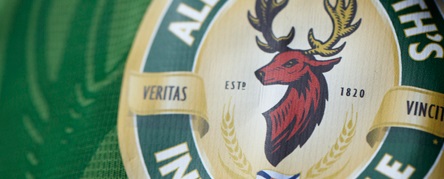
What is it?
Digital is a highly accurate form of printing, ideal for multiple color imprints, and, in most cases, where screen printing would not be possible. Its accuracy and precision are due to the extremely thin layers of ink used to create highly detailed and vibrantly colored images.
What types of products can be digitally printed?
Digital printing is recommended on light colored shirts, so your imprint can reach its fullest visible potential. Other smooth surface products that are known to accommodate digital full-color printing are mousepads, magnets and notepads.
Design Tip
The sky is the limit with digital printing, but unless you actually require full-color printing and a highly detailed imprint, screen printing can be more cost effective.
Heat Transfer
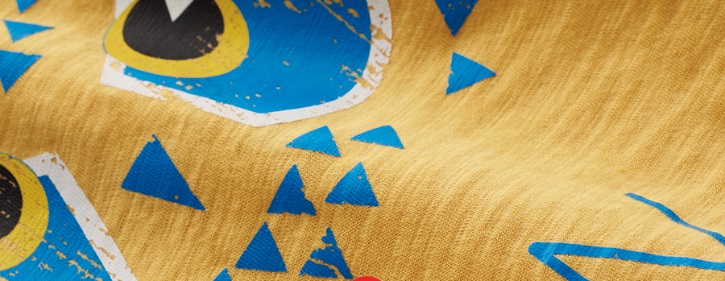
What is it?
Heat transfer is exactly what it sounds like. It entails a printer using extreme heat to press a pre-printed graphic directly onto a product. This is another method that is ideal for multiple color imprints.
What types of products can be printed with heat transfer?
This particular method works best on synthetic fabrics or blends and can be found commonly on t-shirts as well as tote bags.
Design Tip
Heat transferred decorations are long-lasting, so it's best to reserve it for a garment that is just as durable, like any of the tees you'll find at Promotions Now.
Debossing
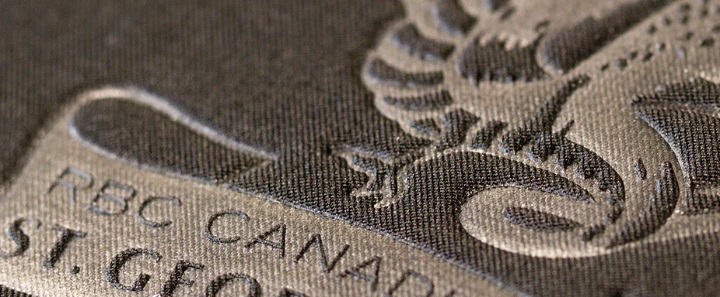
What is it?
Debossing creates an extraordinary 3-dimensional appearance with dye that is heat-pressed into a fabric. The result is a subtle and attractive tone-on-tone look that can work well on virtually any color. One of the major benefits of this method is its long-lasting durability and resilience in the wash.
What types of products can be debossed?
You will get the best results from debossing on polyester and technical fabrics, like those used in performance shirts and jackets.
Design Tip
Understated and elegant are words that best describe this decoration method, so if you want your logo to really pop, you might want to try another decoration method.
Sublimation
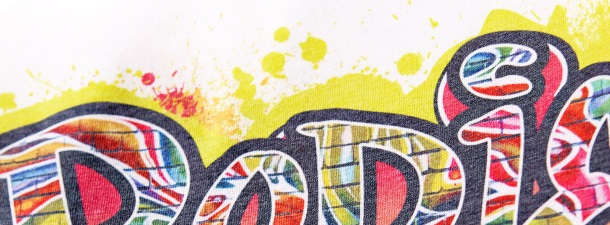
What is it?
Sublimation is another decoration method which utilizes heat to achieve its end result. In this case, heat is used to transfer die directly into a fabric resulting in a smooth, long-lasting finish.
What types of products can be sublimated?
As with debossing and heat transferring, sublimation works best on poly-blends and synthetic fabrics.
Design Tip
If you prefer your apparel decoration to be sleek and completely free of texture, this your best bet.
Laser
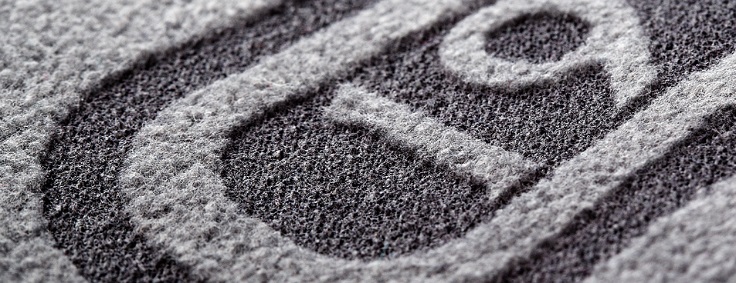
What is it?
Laser printing creates a tone-on-tone result like debossing, but without the 3-dimensional texture. The overall look is a smooth glossy finish, which works best on mid-range colors.
What types of products can be laser printed?
Laser printing reaches its fullest potential when used on technical fabrics and is the only method recommended for use over zippers and seams. This makes sports jackets and performance hoodies ideal.
Design Tip
On some garments, you can create a striking mixed media look with laser printing underneath another decoration method, like embroidery or transfer.